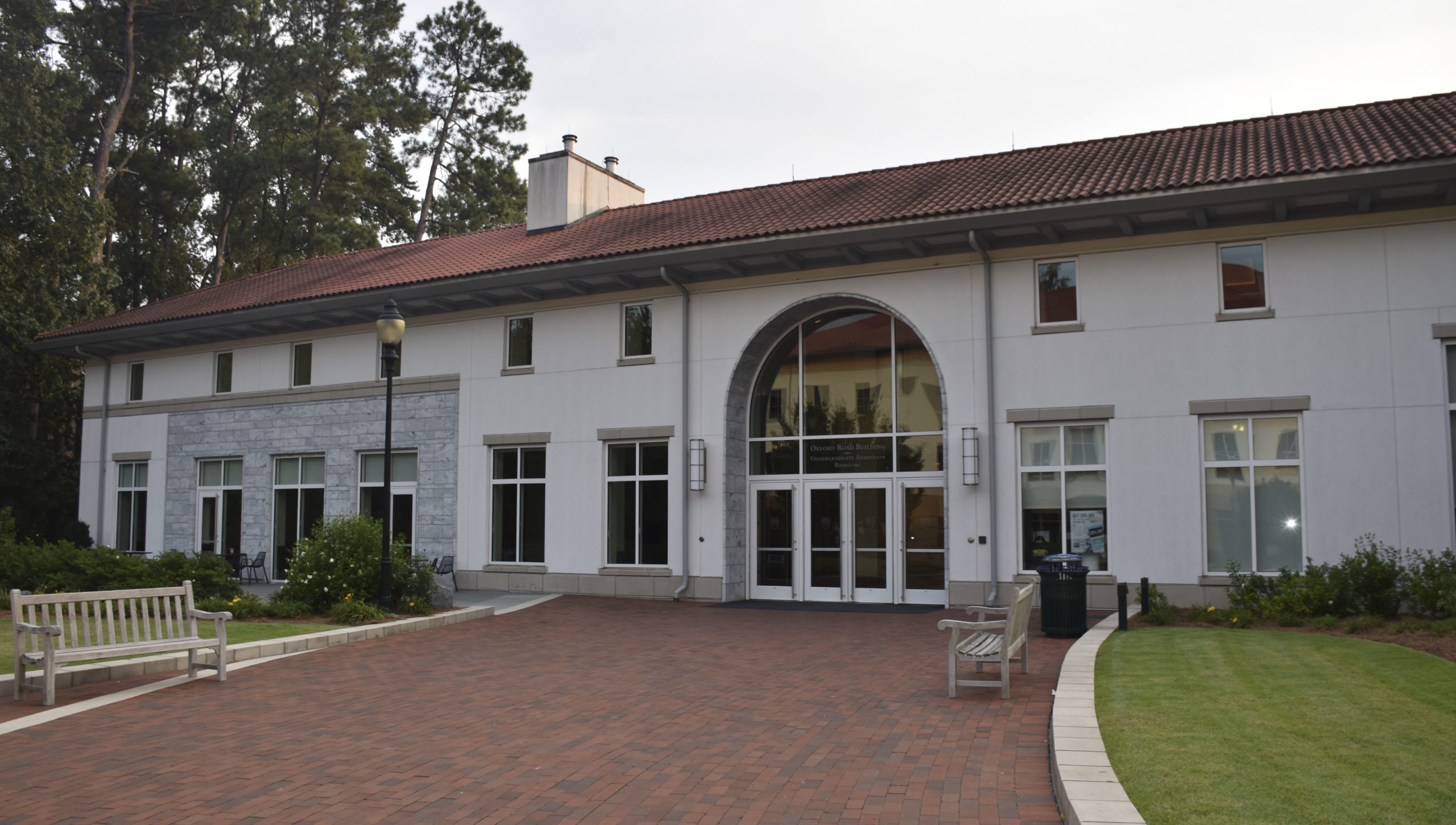Emory University finalized the admitted Class of 2025 with the release of Regular Decision notifications on March 24. Emory College admitted 4,343 students and Oxford College admitted 4,278, comprising a total of 6,892 admitted students across all three acceptance rounds.
This year’s applicant pool was the largest in the University’s history, as the 33,780 applications represented an 18% increase over last year. Acceptance rates for the College dropped to around 11% for Regular Decision and 13% overall. Dean of Admission John Latting attributed this trend in part to the need to offset the increased number of gap years and leaves of absences taken during the pandemic.
“We weren’t looking for as many students at Regular Decision as we were last year,” Latting said. “The combination of that and then the bigger applicant pool, the admit rate was 13%. I’ve never seen anything like that here at Emory.”
The demographics of the applicant pool also changed significantly, with a spike in historically underrepresented groups. Of those admitted to the College, 15.2% identified as Black or African American, 20.7% as Hispanic or Latinx, 1.1% as Native American and 11.8% are first-generation college students. Latting said this year’s admitted class is a direct reflection of the diversity of the applicant pool as a whole.
“We’re certainly designing a selection process that is not putting barriers in front of diverse populations to enter the class,” Latting siad. “Hopefully, it’s setting a new level of diversity in the Emory class that we can repeat in the years ahead so the University can, in a very clear way, be that kind of national leader in diversity and access.”

Emory Admissions Building. (The Emory Wheel/Matthew Friedman, contributing writer)
As was the case in the Early Decisions rounds, a substantial portion of applicants chose not to submit standardized test scores in the wake of the University’s test-optional policy, which may be “linked” to the pool’s diversity, Latting noted. While around half of all applicants did not submit test scores, 69% of admitted students did. Latting said the University will continue to evaluate the feasibility of a test-optional policy in the future.
“It shows that testing is such a source of stress and intimidation,” Latting said. “We’re learning about how our process is understood by prospective students, and we’ll benefit from that in the years ahead.”
Latting also praised the work of the College’s admissions team, who had to evaluate a record number of applicants during the already-challenging circumstances brought on by the pandemic.
“The admissions team worked very, very hard under difficult circumstances with a much bigger applicant pool,” Latting said. “They were so committed, they did such an excellent job, and I’m so proud to be a part of that team.”
Accepted students reactions
For some students, transitioning into a hybrid or fully virtual high school experience this year meant they had fewer extracurriculars or glowing letters of recommendation to pad their applications.
Andrea McPherson, a track and field athlete from Long Island, New York and who was admitted to Emory, had her entire spring season canceled last year due to COVID-19. Although she has yet to commit to a college, McPherson cited Emory has her “number one choice” because it has the combination of elite academic and athletics she desires.
“Emory was this close-knit community where I knew I could fit in well,” McPherson said. “Students excelled in all areas of academics and athletics. I knew that I wanted to major in neuroscience, and the CDC is in Atlanta, so I thought that was a great opportunity for me.”
Fellow Long Island native Jordan Novak did not get to visit any of the schools she applied to, relying heavily on virtual webinars and information sessions instead. Forming a well-rounded opinion on each school was difficult, but the pandemic did afford Novak some additional space to concentrate on her application.
“I think that COVID actually encouraged me to get an earlier start,” Novak said. “I sent out most of my applications before October or mid-November. It gave me a lot of time to sit down and think about what I was going to write about.”
Neither McPherson nor Novak included test scores with their applications. Similarly, Oxford admit David Baldwin did not submit his SAT score, stating in a March 29 email to the Wheel that he “didn’t feel it reflected my academic intelligence.”
While Baldwin has had Emory near the top of his college list for months, his changing financial situation since the pandemic began made attending Oxford a less viable decision.
“Emory is my number one choice, it has been since last January, but with uncertainty, both social and financial, due to COVID, I will most likely be taking my full ride offer to the Wilkes Honors College [at Florida Atlantic University],” Baldwin wrote.
Despite not having a traditional college application process, McPherson feels confident she has a sense of what the Emory community is like and is excited at the opportunity to potentially become a part of it next year.
“I just fell in love with Emory,” McPherson said. “Everyone loves to be there, and they just excel in all areas and I just feel like I could fit in well.”
Claire Fenton (she/her) (24C) is a Pittsburgh native majoring in quantitive sciences and linguistics. Outside of the Wheel, she is the treasurer of Emory Data Science Club and Girls Who Code. When she’s not training for half marathons, you can find her watching the Penguins dominate the Philadelphia Flyers and reading Agatha Christie novels.







The numbers in the article aren’t making sense, it says there were ~33k apps and a 13% overall admit, but it also said that 6892 were admitted in total, which is about 20%, what am I missing?
I believe it’s a reflection of the Emory college acceptance rate: 4,278 admitted out of 33,780 applicants.
13% was the acceptance rate for Emory main campus. They accepted about 4.3k out of 34k people. Emory including Oxford accepted 6k